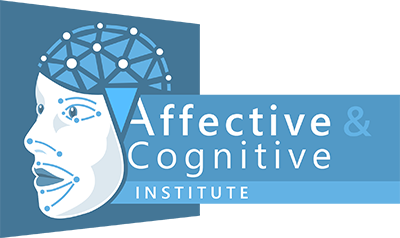In the midst of innovative works and ideas on the ecosystem of mobile, smart and embedded devices that always permeate the MobileHCI conferences, in this year’s edition we had the honour to present the research “A Mobile App to Combat Loneliness and Social Isolation Among University Students” at the event’s Doctoral Consortium.
This project, conducted by the PhD student Rogério Bordini, proposes the design and development of the Noneliness app, a mobile application that aims to reduce social isolation and loneliness among university students by creating social opportunities through a quest-based gamified system in a collaborative network of local users. Through features such as Events (e.g. organization of local meetups) and Chats (e.g. text-based interaction), users can build a secure online community of mutual help in which they can be rewarded with gamified elements (e.g. gratitude points, badges and experience) to help people who need support, whether online or face-to-face meetings.

MobileHCI 2020
The Conference on Human-Computer Interaction with Mobile Devices and Services, or best known as MobileHCI, is a leading series of academic conferences which cover the state-of-the-art in analysis, design, evaluation and application of human-computer interaction techniques and approaches for all mobile computing devices, software and services. The 2020 edition was scheduled to take place in Oldenburg (Germany), but due to the COVID-19 pandemic it was held entirely online through the web-based platforms CLOWDR and Zoom.
Beyond presenting the app’s main functionalities and design approaches at the conference, we shared the preliminary findings obtained through two user-experience attitudinal assessments conducted with 33 students between 2019 and 2020 at the Offenburg University. These studies helped us to collect potential evidence on how an app should be designed to reduce loneliness and social isolation among university students. The initial results also suggested that the Noneliness apps’s general concept is promising for the creation of stronger bonds among international, local students and university administrators.
An app to combat loneliness
Thus the project addresses an urgent issue that has been increasingly discussed by researchers and university communities about the growth of mental illnesses among university students, which has become even more recurrent with the social isolation measures adopted during the pandemic. A number of institutions have been promoting apps to help manage students’ mental health, but although these resources are seen as promising solutions, their efficacy to tackle students’ loneliness and social isolation remains contested.
In a world where mobile devices become more inseparable from people’s lives, it is mandatory to investigate how such technological resources can serve as allies in cases of mental illness and psychological strains, such as loneliness. Therefore, we are actively working on the implementation and improvement of a functional version of the Noneliness app that will be tested with more university students in the second semester of 2020. More results regarding the app’s design and effectiveness will be released soon. Stay tuned!
Related links
In the meantime, feel free to find more information:
- See the presentation video
- Link to the MobileHCI 2020 paper
- Open Science Foundation platform
We would like to thank MobileHCI 2020 organizers for the kind support and for the Doctoral Consortium professors who granted us relevant suggestions for the research’s improvement.

